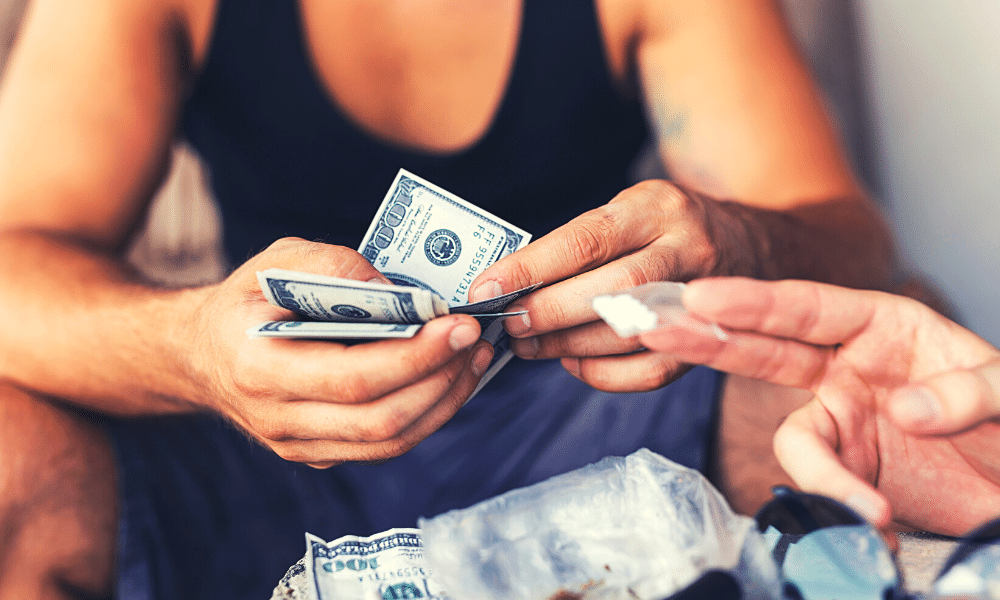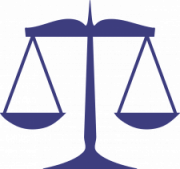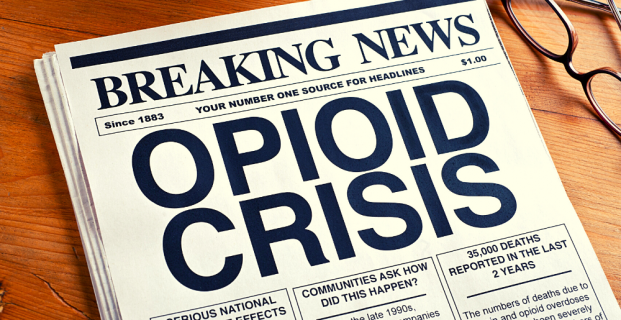In the midst of a national opioid crisis, there is also an epidemic level of confusion regarding who is liable when someone overdoses on opiates. Opioid drugs are generally designed to treat acute pain and often come with a high risk of overdose.
New data shows that opioid deaths rose to 75,673 during the 12-month period ending April 2021. This is an increase of 56,064 in the previous year. In the 12-month ending April 2021, overdose deaths due to synthetic opioids (primarily Fentanyl), as well as psychostimulants like methamphetamine, increased. Deaths from cocaine and natural and semi-synthetic pain medications (such as prescription opioids) also rose.
When someone takes an opiate drug and overdoses as a result, the question becomes: How much responsibility does that person bear for their own actions, and how much accountability should other parties have?
Now first off, let’s begin by saying that if you or someone you love has been injured by an opiate drug – whether through an overdose or any other means – you have rights. You may also have legal options available to help recoup any losses caused by the negligence of another party. The following article will help you understand your rights and potential remedies in this situation.
What is negligence?
Negligence is a legal term that refers to any act that fails to live up to a certain standard of care. In other words, if a person or business is negligent, they have failed to exercise the degree of caution that the situation requires, and they have put other people at a higher risk for harm as a result.
There are various standards of care in different areas of life. For example, the standard of care in your profession may be that you must have a certain level of education, you must keep your skills current, and you must use reasonable care in your work. In other areas, like home and auto maintenance, you must only use the same level of care that normally prudent people would use in those fields.
Who can be held liable for an opiate-based overdose?
When someone overdoses on opiates, the question of who is liable becomes a crucial one. Opioid drugs are often administered by medical professionals as part of a treatment plan to assist with chronic pain.
They can also be taken recreationally, though, either through illegal drug use or through the use of prescription medication that was not prescribed for the person taking it. When someone takes an opioid drug at a dosage or via a method that was not prescribed for them, they are at risk of overdosing. If a person overdoses as a result of taking an opiate drug that was prescribed to someone else, that person is liable for their own injuries.
The prescriber, however, can be held responsible as well. This comes down to doctor negligence. Doctors are held to a certain standard of care in how they write and administer prescriptions. When a doctor fails to adhere to that standard – for instance, by prescribing a dosage that is too high for the person to safely administer – they can be held responsible for their negligence.

The Drug Dealer
The question of who is liable when someone overdoses on an opiate often turns to the drug dealer. It makes sense, after all – if someone overdoses as a result of taking drugs illegally, it seems logical that the dealer would be legally responsible for the damages.
The dealer, however, is not always liable for the damages or costs incurred by the overdosing person or their family members. Legal action against the dealer can be a useful tool for those seeking to recoup medical costs or other losses, but it is not an open-and-shut case. For a drug dealer to be held legally responsible for damages, there must be a few things in place.
First, the overdosing person must have bought the drugs from the dealer. Second, the dealer must have sold drugs that he or she knew to be dangerous or defective. Third, the overdosing person must not have been negligent in his or her actions.
The Pharmacist or Pharmacy
The pharmacist or pharmacy responsible for filling a prescription for an opioid has a duty to warn the person taking the medication if there is a potential for an overdose. If a pharmacist knows that the person consuming the drug does not have a prescription for the opioid, they must refuse to fill the order.
If a pharmacist is found to have violated their duty of care by filling a prescription or allowing a prescription to be filled illegally or negligently, they can be held liable for damages resulting from the overdose.
The Medical Professionals Responsible for Prescribing the Opioid
Medical professionals who prescribe opioid drugs have a duty to their patients to prescribe a dosage that is within their skill level, that is appropriate to the patient’s diagnosis, and that is within the patient’s tolerance level.
An opiate drug that is too high in dosage can cause an overdose, or it can cause a patient to be dependent on the drug to function on a day-to-day basis. When a medical professional prescribes an opioid drug that causes an overdose, they can be held liable for the damages resulting from the overdose.
Family Members or Caregivers of the Overdosing Person
Family members or caregivers of the person who overdosed may be liable for the damages incurred as a result of the overdose.
For instance, if a person overdoses in their home and the overdose causes a fire, the family members or caregivers who were in the home at the time of the overdose may be liable for damages resulting from the fire.
What if the overdose caused a medical emergency resulting in a trip to the emergency room? In that case, the family members or caregivers who were present at the time of the overdose could be liable for the medical bills.

Conclusion
In the midst of a national opioid crisis, there is also an epidemic level of confusion regarding who is liable when someone overdoses on opiates. Opioid drugs are generally designed to treat acute pain and often come with a high risk of overdose.
When someone takes an opiate drug and overdoses as a result, the question becomes: How much responsibility does that person bear for their own actions, and how much accountability should other parties have? Now first off, let’s begin by saying that if you or someone you love has been injured by an opiate drug – whether through an overdose or any other means – you have rights and may want to hire an attorney.

